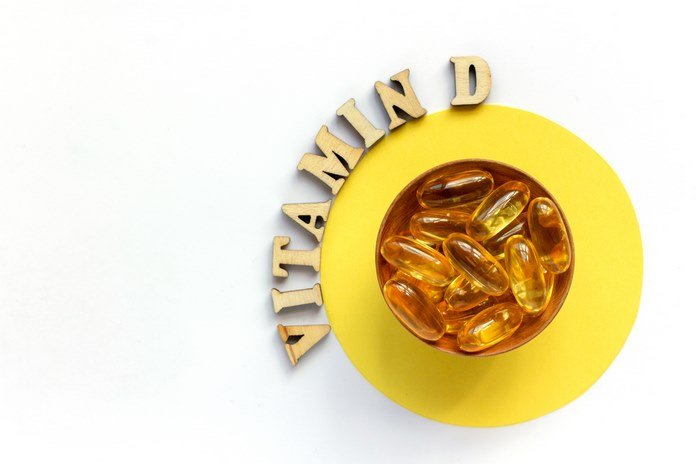Osteopenia Causes

Bones are forming up of living tissue. Up until around age 30, a healthy individual forms more bone than she or he loses. But after age 35, bones start to break down quicker than they form up. Even in a healthy individual, bone density lowers throughout life, by lower than 1 percent each year. Some things might form bone loss occur more quickly, which leads to osteopenia like:
- Poor nutrition, significantly a diet too low in vitamin D or calcium
- Medical conditions like hyperthyroidism
- Unhealthy lifestyle choices, such as drinking a lot of caffeine or alcohol, smoking, and not being physically active
- Hormonal changes while menopause
- Medications include prednisone and a few treatments for seizures, cancer, high blood pressure, and heartburn
- Surgery on the gastrointestinal system might affect the ability of your body to absorb the mineral and nutrients that are required
Sometimes, you might have medical treatment or conditions that can stimulate the condition. Eating disorders such as bulimia and anorexia might starve your body of the essential nutrients that require making your bones strong. (3)
Other causes consist of:
- An overactive thyroid, a lot of thyroid medicines might also play an essential role
- Untreated celiac disease, individuals having such condition might harm their small intestine by consuming foods that have gluten in them
- Certain medications consist of steroids such as prednisone, hydrocortisone, and anti-seizure drugs like gabapentin (Horizant, Gralise, Neurontin), carbamazepine (Tegretol, Carbatrol), and phenytoin (Phenytek, Dilantin)
- Chemotherapy, the exposure to radiation might have an effect
